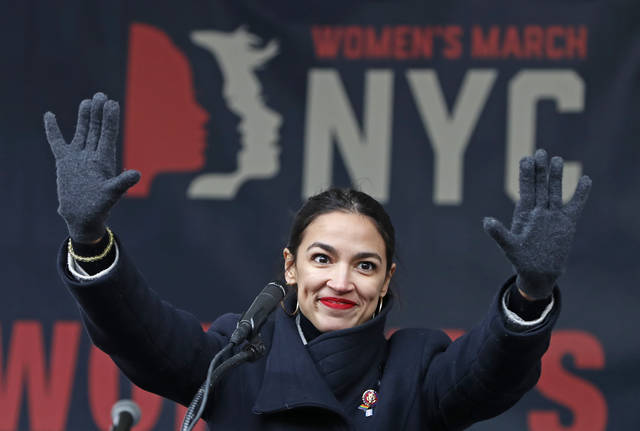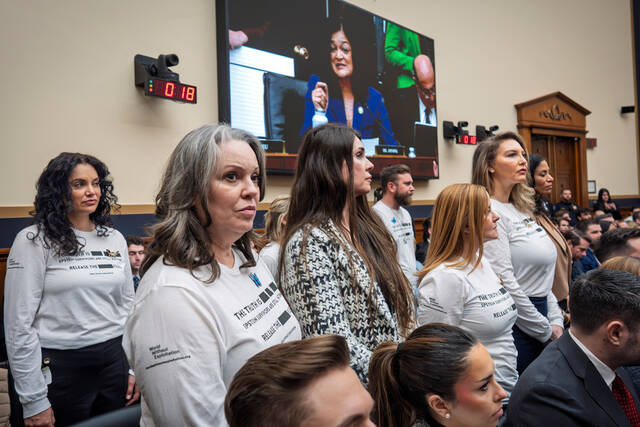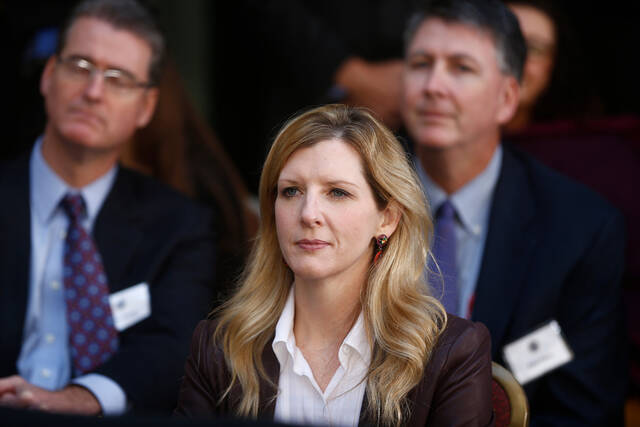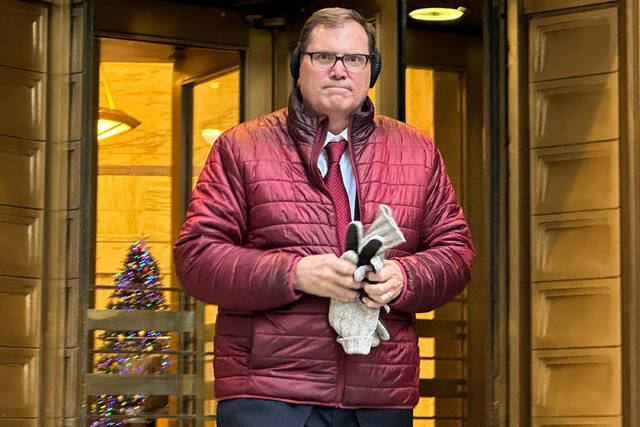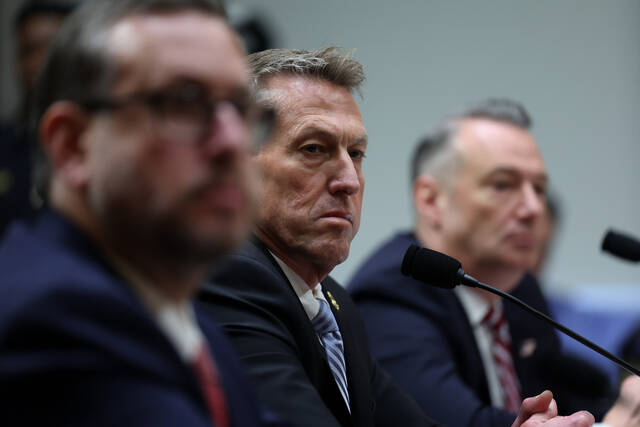On Tuesday, President Donald Trump alleged in his State of the Union that the United States was on a dangerous course to socialism.
On Thursday, democratic socialist Rep. Alexandria Ocasio-Cortez (N.Y.) proposed a “Green New Deal” - which was instantly supported by several Democratic presidential candidates. The package isn’t socialism, of course. But with its major proposed government spending and initiatives, it could be viewed as a step in that direction.
So does Trump have a point? And what does the future hold for an election in which the s-word is sure to be front and center?
We can say two things. One is that getting serious presidential hopefuls to join someone who identifies as a “democratic socialist” on such a huge vision for government activism is a clear shift in the American political paradigm. But the second is that the public more broadly is still about as wary about socialism as it’s been for years. As a result, Republicans will gladly affix that label to this proposal - with an easy assist from Ocasio-Cortez.
Ocasio-Cortez’s and Sen. Jeff Merkley’s, D-Ore., Green New Deal includes massive (and massively expensive) goals, including:
- $4.6 trillion in infrastructure spending “at minimum.”
- “Upgrade or replace every building in US for state-of-the-art energy efficiency” (there were 5.6 million commercial buildings as of 2012).
- A jobs guarantee “with family-sustaining wages.”
- Completely replacing air travel with rail: “Build out highspeed rail at a scale where air travel stops becoming necessary.”
Again, this obviously comes up well shy of establishing a United States of socialism. That would require the means of production, distribution and exchange of goods to all be controlled by the state. This just isn’t that. It’s also important to note that these are goals, not concrete spending proposals with specific outlays over specific periods of time.
But it is a vision for a vast expansion of the role of government in American society. And it was only a few years ago that Democrats were pretty terrified of anything like this that could be labeled socialism-y. In fact, this proposal makes the GOP’s attempts to label President Barack Obama a “socialist” for Obamacare seem quaint. And to the extent that Republicans can make Americans believe this is a step or even a leap toward socialism, that could complicate Democrats’ path in 2020.
Yet the idea that socialism is ascendant in U.S. politics just isn’t borne out. It may be marginally more popular than it was after World War II, but the increasing comfort Democratic lawmakers feel with these proposals doesn’t coincide with any real surge in support for socialism in recent years.
Polling dating to 2010 across several pollsters shows that positive and negative feelings about socialism are extremely constant. Opposition has been a consistent majority and as high as 58 percent, while support has never broken 40 percent.
Going back four decades, there is some evidence of more opposition back then - but the questions were different. A 1974 Time magazine poll asked whether people thought the country had “moved dangerously close to socialism” over the past 25 years. Three-quarters agreed, but only 26 percent “strongly” agreed. A 1949 Gallup poll showed just 14 percent wanted the country to move more “in the direction of socialism,” while 63 percent said they preferred going in the opposite direction.
Interestingly, Republicans ran in the 1950 midterm campaign on a message of “Liberty versus socialism.” It didn’t take hold, though. Gallup polling early in the campaign showed most people weren’t familiar with the slogan, and a February 1950 poll showed just 36 percent thought it was a “real issue.”
You can bet many more will be familiar with Trump’s argument about Democrats drifting toward socialism in 2020. And to the extent Democrats embrace things like the Green New Deal, jobs guarantees, single-payer health care and the like, they’ll be welcoming the rhetorical fight. Democrats better hope people shrug their shoulders like they did in 1950.
Aaron Blake writes for The Washington Post.


